As it turns 200, Illinois needs change
Illinois turns 200 years old next year, and maybe it’s time we made a few changes in how we describe ourselves. Just to be a little bit more accurate.
By Ray Hanania
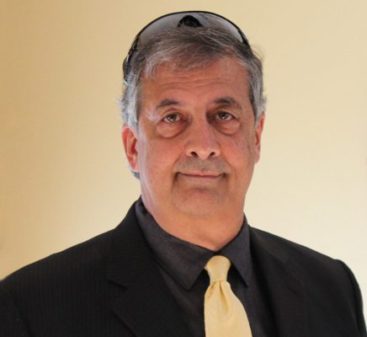
Yes, Illinois turns 200 late next year. Illinois became the 21st member state of the United States of America on Dec. 3, 1818.
The name “Illinois” comes from a Native American word that means “tribe of superior men.”
Louis Joliet and Jacques “Pere” Marquette were the first non-natives to settle in Illinois in 1673. Joliet was French Canadian and Marquette was a French Jesuit Priest who actually went on to found Michigan’s first settlement.
And yet, Michigan doesn’t belong to Illinois – it should. And Illinois has very little to do with either France or Canada, some might say “thankfully.”
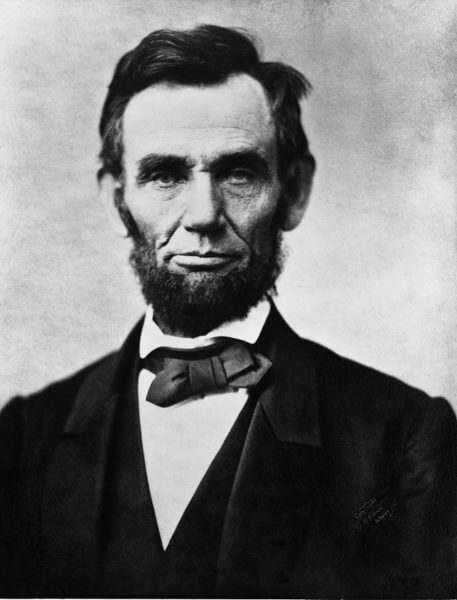
Today, Illinois is the 5th most populous state in the nation with nearly 13 million residents.
According to George Mason University, Illinois ranks 49th out of 50 in terms of economic and fiscal strength. In other words, managing and saving money have not been among our high points.
We did elect several people president, though, although that doesn’t always require a lot of financial sense.
Contrary to popular opinion, Abraham Lincoln, the 16th American President who fought to free the slave and defeated the “Johnny Rebs” in the Civil War, wasn’t born in Illinois. He was born in Kentucky.
Ronald Reagan, however, was born in Illinois at Tampico, a few miles east of Rock Island. Other presidents who lived here briefly include Barack Obama, and Ulysses S. Grant.
Which makes me wonder why the official slogan of the State of Illinois is “Land of Lincoln.” We’re described as the “Prairie State,” which basically means we’re like about a dozen other flat, boring states and nothing like the spectacular visages offered by Arizona, Utah or Colorado.
We could consider jazzing things up a bit, maybe come up with another more appropriate slogan.
Illinois, the Insider’s Pension State.
Illinois, where a dollar isn’t worth a dollar.
Illinois, at least we’re not the 50th worst! Or, if we can’t be Numero Uno than 49 will do in a pinch.
Maybe we should pick a better person to associate ourselves with. I mean, Lincoln was a pretty decent person. Yet, people who were born here deserve some consideration, don’t they?
Like Paul Powell, the Secretary of State who earned $30,000 a year in state salary, but managed to squirrel away $800,000 in shoe boxes he kept around his house. Despite the questionable means of obtaining funds, Powell was described as a “champion” of the poor and the needy.
No one was more needy than him, of course.
Illinois holds the record for the most governor’s accused of committing crime, six, although only four were actually convicted and sent to the hoosegow. Otto Kerner, Dan Walker, George Ryan and Rod Blagojevich. Gov. Len Small was accused of corruption in the 1920s but beat the rap. Gov. Bill Straton was accused of tax evasion, but beat the rap, too.
One Chicago mayor used a conviction to help him boost his election chances. Mayor Harold Washington spent 30 days in the Hoosegow for failing to file income tax returns – he paid the taxes, by the way. He just didn’t file the returns, which, after a 1971 conviction, landed him a few weeks in jail.
Illinois is also home to one of the worst performing counties in America, Cook County. It really could use that extra letter, “r” in its name.
Why shouldn’t we be proud of all this scandal and controversy. Should we hide from it like we’re the only ones with a bad rap sheet?
Embrace the controversies and let’s enjoy a little celebration, instead of being ashamed of all that stench. At least it’s “our” bouquet!
(Ray Hanania is an award winning former Chicago City Hall reporter, author and columnist. Email him at rghanania@gmail.com.)


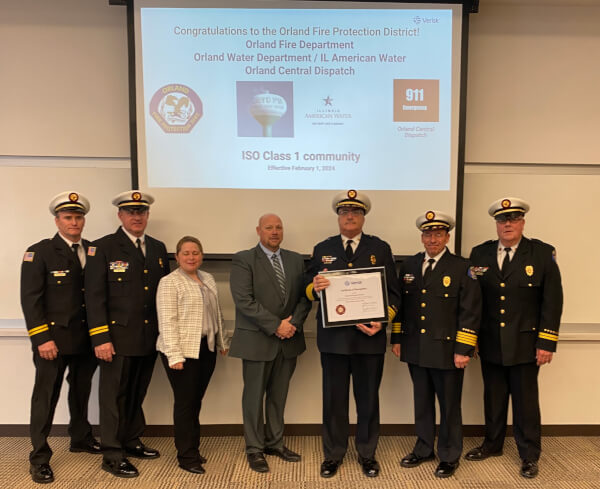
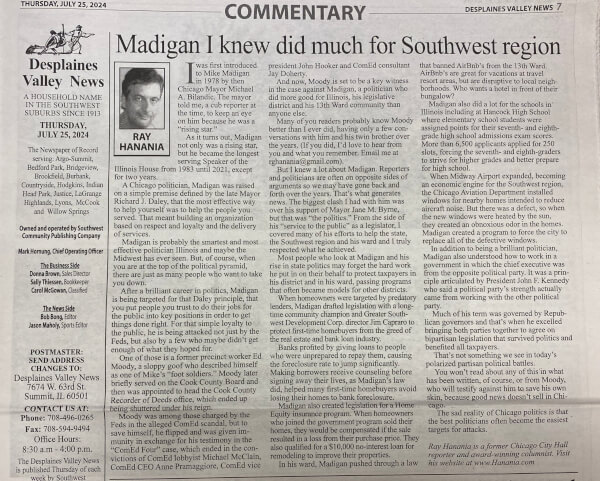


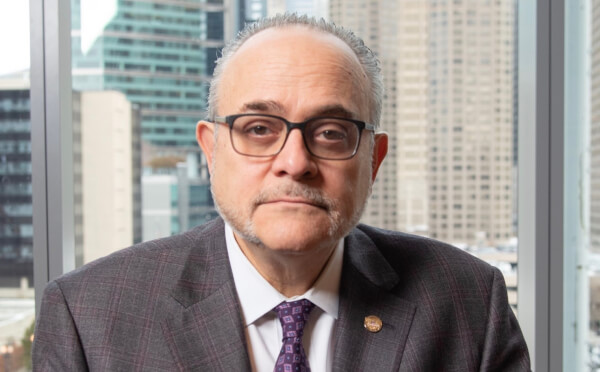

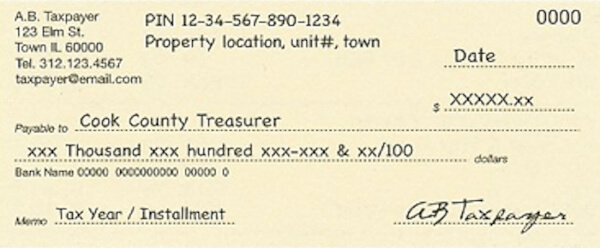

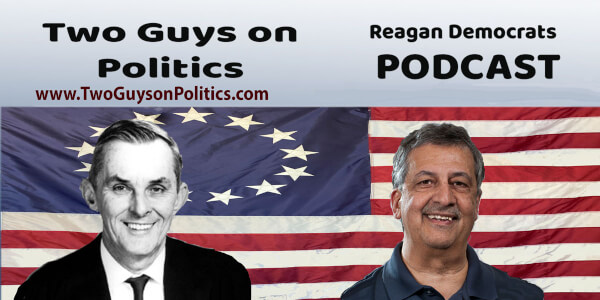
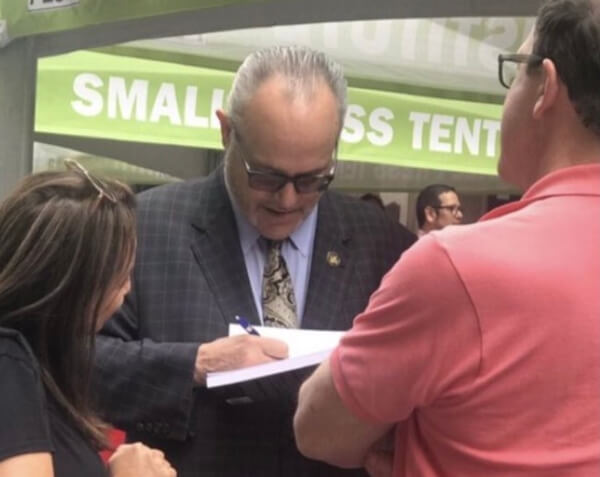
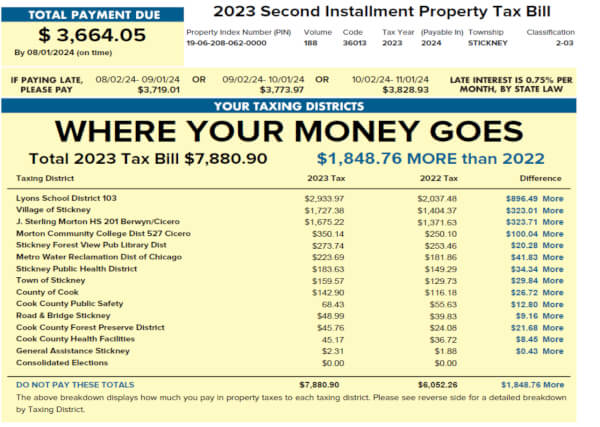
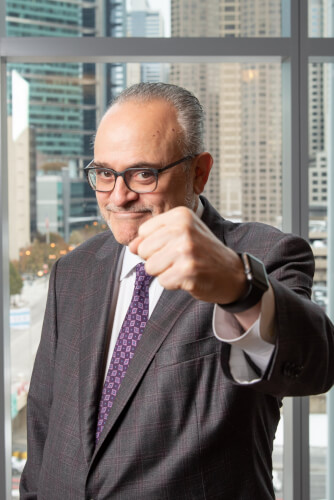


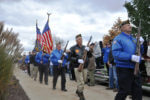

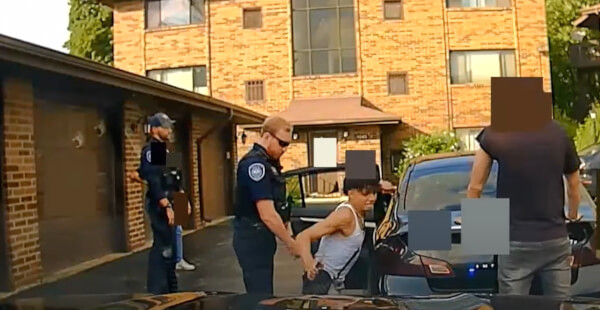

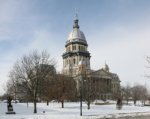




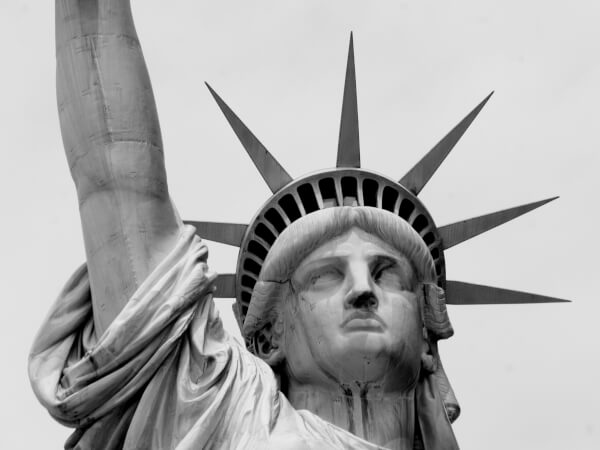
The only reason Gov. Len Small beat the rap is because Al Capone sent hoodlums to bribe the jury at his trial for embezzlement of state funds. Small was on the payroll of several Chicago gangs, and he sold pardons and paroles by the boat load.